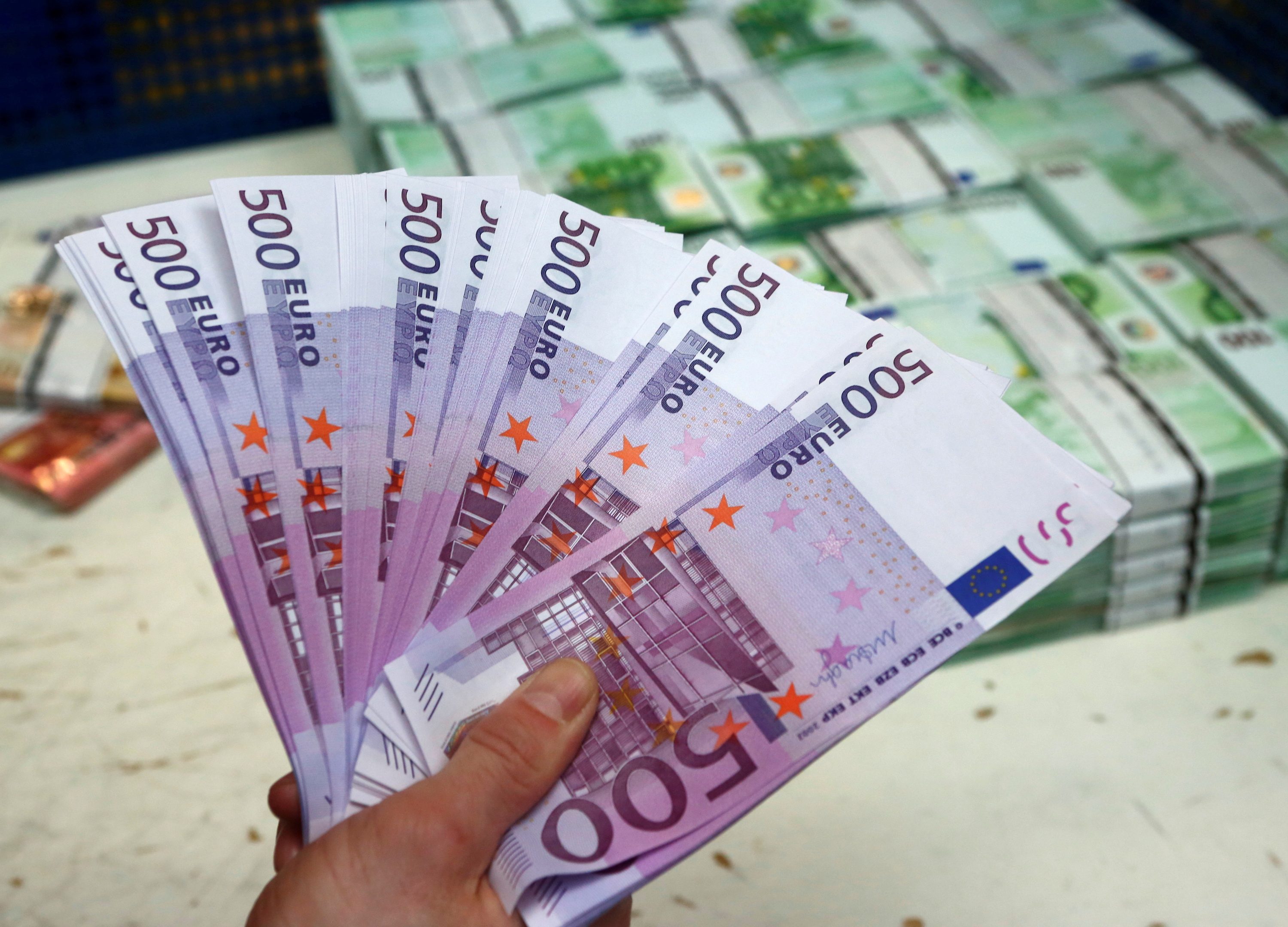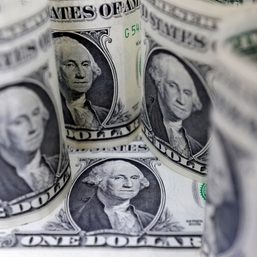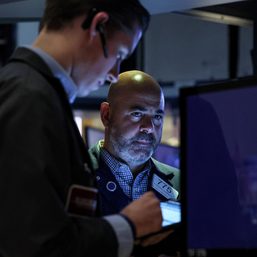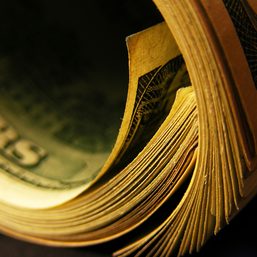SUMMARY
This is AI generated summarization, which may have errors. For context, always refer to the full article.

LONDON, United Kingdom – Europe’s single currency has dropped below parity against the dollar for the first time in almost 20 years, battered by growing recession fears in the euro area.
On Wednesday, July 13, it slumped to as low as $0.9998 and is down almost 12% so far this year.
It started the year on a strong note before the war in Ukraine fueled inflation and hurt the bloc’s growth outlook.
Here’s an outline of the significance of the move.
What’s the big deal?
For starters, a drop below the $1 level is rare.
Since its birth in 1999, the single currency has spent very little time below parity. In fact, the previous time it did so was between 1999 and 2002, when it sank to a record low of $0.82 in October 2000. Euro banknotes and coins were only introduced on January 1, 2002, with the currency only existing before that day as a unit of account for settling cross-border transactions.
Within its relatively short two-decade history, the euro is the second most sought after currency in global currency reserves and daily turnover in the euro/dollar is the highest among currencies in the global $6.6-trillion market per day.
But everything’s weak versus the dollar
True. The likes of sterling and the yen have also slid this year, partly because more aggressive US rate hikes have boosted the dollar’s appeal and also as global recession fears have sent investors flocking to the safe-haven dollar.
The European Central Bank (ECB) is expected to start hiking rates at its July 21 meeting. The Federal Reserve hiked rates by 75 basis points in June.
Growing fears that soaring European gas prices makes the euro area more susceptible to recession risks also explain why the euro is being hit hard now.
Some global banks are forecasting a recession for the euro area as soon as the third quarter.
Will the euro fall more?
Some economists think so. Nomura has a short-term target of $0.95.
Analysts say that until the economic outlook improves the euro will remain in the doldrums. Even if the ECB hikes rates, the Fed is hiking by more, luring cash into the United States. The euro could also be hurt by fragmentation risks, where weaker states’ borrowing costs rise by more than wealthier peers.
One favorable factor for the euro is that shorting the currency is already a popular trade in currency markets right now and bearish positioning is approaching historical levels. That might prevent the euro from falling sharply.
What does this mean for the ECB?
A big headache. Letting the currency fall would push up already record high inflation, raising the risk of price growth becoming entrenched at a rate well above the ECB’s target of 2%.
But fighting back against 20-year lows for the euro would require more rapid rate hikes, which could add to the misery for an economy already facing a possible recession.
Studies frequently cited by the ECB suggest that a 1% depreciation of the exchange rate raises inflation by 0.1% over one year and by up to 0.25% over three years.
Is intervention coming?
The ECB has so far played down euro weakness, arguing that it has no exchange rate target, even if the currency does matter as part of the wider inflation calculations.
The euro has slumped almost 12% against the dollar so far this year. But on a trade-weighted basis – against its trade partners’ currencies – the euro is down only 3.6%.
To prop up the euro, the ECB could signal more aggressive tightening, including a 50-basis-point rate hike in September, and further moves in October and December.
Analysts reckon a more hawkish stance is unlikely given the deteriorating growth outlook. – Rappler.com
Add a comment
How does this make you feel?










There are no comments yet. Add your comment to start the conversation.